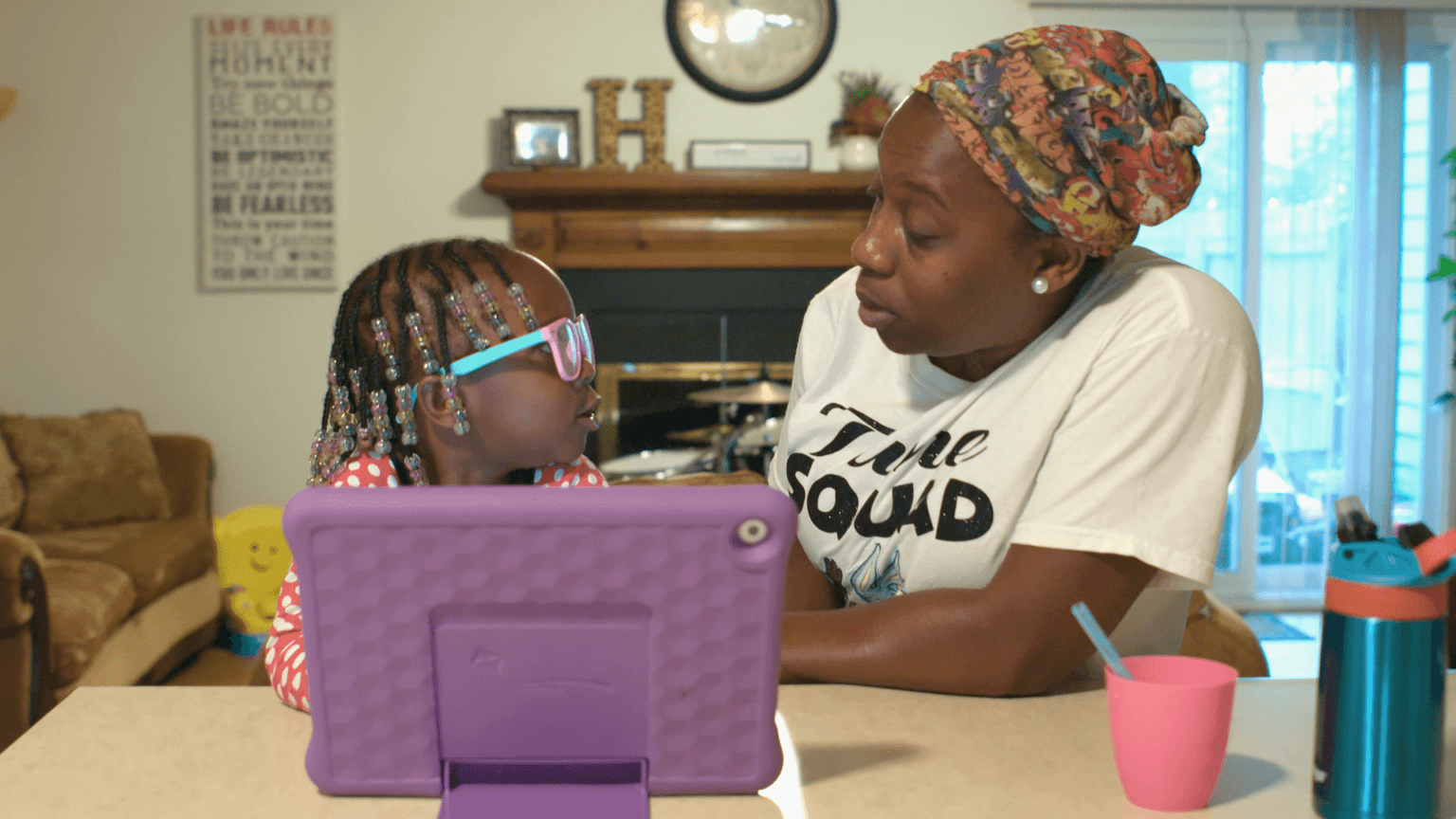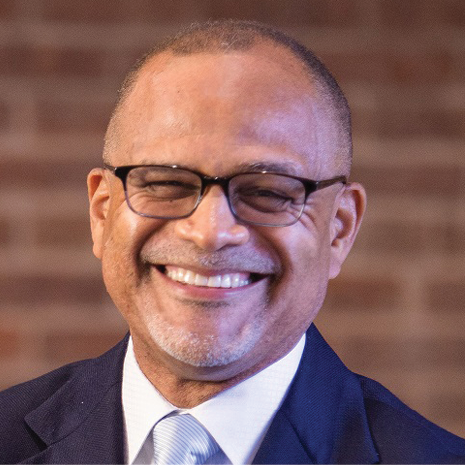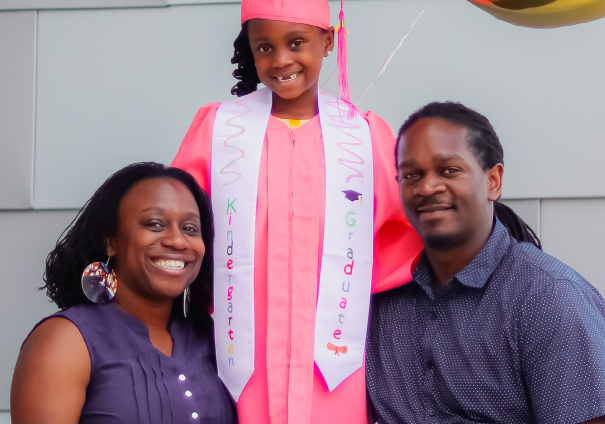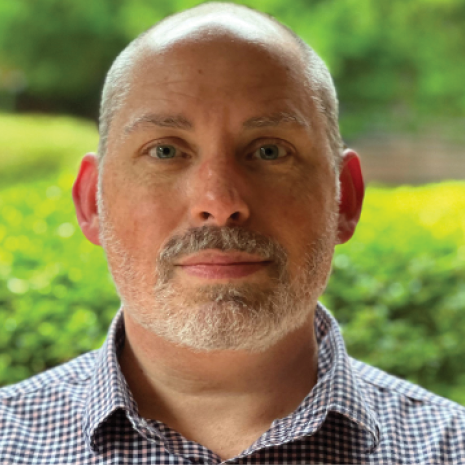
- This event has passed.
Locked Out of Literacy: Causes, Consequences & Costs

“This (grade-level reading) is not an initiative for us. This is going to be a new way of life, in which we’re going to ensure that all of our kids are going to be [reading] on grade level. You cannot do that without parents as your partners. When I came in as chancellor, I had 4 pillars, and one of those pillars was engaging families.”
– Chancellor David Banks, NYC Department of Education
This GLR Week session, Locked Out of Literacy: Causes, Consequences and Costs, was inspired by The Right to Read, a documentary film that session attendees and others in the GLR Network had an exclusive opportunity to view as a part of GLR Week 2023. The session featured an amazing panel whose comments covered the expansive landscape of parent engagement, teachers, school boards, access to opportunities, results-based curriculum, culturally sensitive approaches to English as a Second Language, students with dyslexia, and finally the power of documentary film.
Ryan Lee-James, Ph.D., CCC-SLP, of the Rollins Center for Language and Literacy at Atlanta Speech School moderated an engaging conversation with Chancellor David C. Banks of the New York City Department of Education; Yolie Flores of Families In Schools; J. Nicholas Philmon, Ph.D., of Marietta City Schools in metro Atlanta, Georgia; Vincent Stehle of Media Impact Funders; and a family featured in The Right to Read — the Hunter family, including Teresa, Isaiah and their five-year-old daughter Ivy.
The Hunter family shared an eye-opening account of what it was like to have cameras follow them during Ivy’s formative years. Teresa described the impact of being invited to enroll in LENA Start when she was expecting Ivy, explaining how the program guided her approach to parenting. LENA Start is a parent group model that uses innovative talk training to empower parents of children ages birth to 3 and strengthens the home language environments during this critical phase of development. The Hunters found this program so impactful that five years ago Teresa became a parent trainer with LENA Start and now helps other new parents support their children’s early learning and development. Both parents stressed that engaging parents means meeting parents where they are — whether that’s in a grocery store or barber shop or laundromat. In terms of Ivy, they credit her path to reading proficiency with giving her confidence and leading her to effectively express and advocate for herself.
David Banks, chancellor of the country’s largest school system, shared that it is a new day for literacy instruction in New York City, noting that all teachers in the system will watch The Right to Read this fall to hear its compelling message. Gone is the time when the various school districts could pick and choose which curriculum they would use to achieve reading proficiency, he said, stressing that change is imperative with studies showing that 51 percent of New York City students don’t read on grade level, and a staggering 64 percent of Black and Brown kids are not reading on grade level. New York City Schools will now have the option of selecting one of three prescribed courses of action, stating that failure for all kids to reach grade-level reading proficiency is not one of those options. Banks said that key to the success of this new approach is the buy-in from the NYC Teachers Union, one of the country’s largest unions, which has fully endorsed his directives around literacy. Lee-James shared that she currently sits on the NYC Literacy Advisory Board along with other educators, experts, advocates, parents and students. Banks’ optimism about the brilliance and ability of all children to learn was infectious — as was his call to action to ensure all children are afforded opportunities by teachers, administrators and parents who commit to working together.
Nik Philmon described efforts currently underway in Marietta, Georgia, to ensure all children learn to read, noting that when kids aren’t learning, teachers also suffer with frustration about their lack of ability to effectively support students. In Marietta, the goal is to turn teachers into scholars of learning, not just practitioners of learning. Using brain science as the North Star to help teachers know what they have been doing wrong and lighting the path to what they can do better has become life altering, he explained. The approach in Marietta is based on three buckets: 1) a renewed and robust grasp of phonics; 2) the importance of small-group instruction; and 3) a consistent approach to learning. These changes have allowed the district to make measurable progress in literacy development, based on data, instead of on assumptions, which is what was happening in the past.
Yolie Flores echoed the importance of teacher buy-in and authentic parent engagement. Reflecting on her former role as a school board member for the Los Angeles Unified School District, she said one of her most significant contributions while there was stressing the importance of the science of reading. Currently with Families In Schools, she is now adamant about the need for culturally appropriate curriculum, especially as it pertains to students for whom English is a second language. The wrong curriculum, she said, can essentially rob children of their right to read. She lifted up the Palo Alto Unified School District an example of what can happen when change is done correctly. Flores shared how a committed superintendent and school board in Palo Alto set aggressive goals, adopted a new curriculum and worked in concert with the schools and parents, helping the district move from the bottom third of districts in the state in terms of achievement of Latino students to the top 5 percent. With its new coordinated commitment in place, the district exceeded its goals and was named the most improved district in California.
Vince Stehle brought the discussion back to where it started: the power of a documentary to put a spotlight on an issue, engage an audience and inspire viewers to action. He applauded The Right to Read and provided numerous examples of what past documentaries have accomplished and shared other documentaries that have had lasting impact.
Five-year-old Ivy, who will enter first grade in the fall reading-ready, offered the last word in the engaging conversation. When Lee-James asked her what she wanted people to do after watching the film, she replied: “Go get ice cream.” One only wonders how much fun she will have being able to read all the flavors available to her!
Panel








